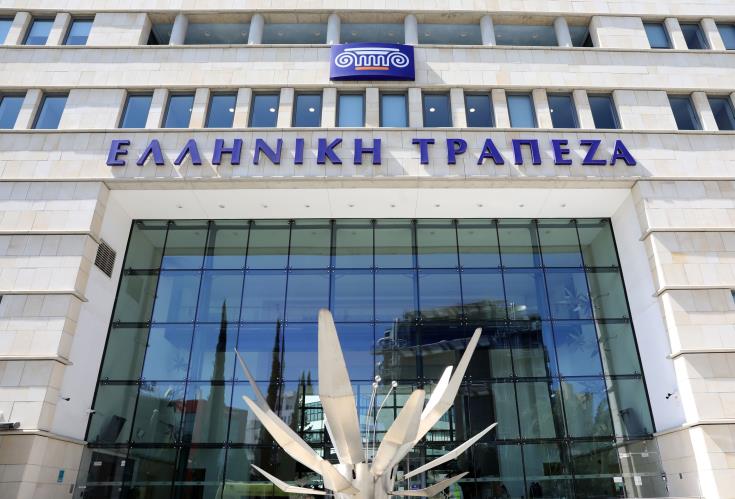WASHINGTON, D.C. — The Department of the Treasury and the Internal Revenue Service (IRS) recently issued final regulations detailing how corporations should report and pay the new 1 percent excise tax on stock repurchases. This tax was introduced by the Inflation Reduction Act and applies to stock repurchases made after December 31, 2022.
The new excise tax is calculated as 1 percent of the aggregate fair market value of stock repurchased by certain corporations within a taxable year. This aims to dissuade companies from aggressively buying back shares to inflate stock prices, a practice critics argue can come at the expense of investments in growth and employees.
Under the final regulations, corporations must report the stock repurchase excise tax on Form 720, the Quarterly Federal Excise Tax Return. This form is due for the first complete calendar quarter following the end of the corporation’s taxable year. Along with Form 720, corporations must attach Form 7208, which is used specifically to calculate the tax owed on stock repurchases.
For taxable years ending between January 1, 2023, and June 30, 2024, the forms must be submitted by October 31, 2024. If a corporation has more than one taxable year ending in this period, it should file a single Form 720 with separate Forms 7208 for each taxable year.
The regulations affect publicly traded domestic and foreign corporations that repurchase their stock or whose stock is acquired by certain affiliates. These firms now face additional reporting requirements and financial burdens associated with the excise tax.
Navigating the Stock Buyback Tax: Shaping a Sustainable Future
The introduction of the 1 percent excise tax on stock buybacks highlights a shift in regulatory focus towards corporate behaviors that prioritize short-term gains over long-term investments. Stock buybacks have been a controversial topic, with proponents arguing they return value to shareholders, while detractors claim they can lead to underinvestment in workers and innovation.
The broader implications of this tax are significant. For corporations, the new reporting requirements add a layer of complexity to financial planning and compliance. Companies must now consider the tax impact of buybacks in their strategic decisions, potentially leading to a reduction in the volume of repurchases.
For investors and the general public, this regulation could signal a move towards more sustainable corporate practices. By discouraging excessive buybacks, the government hopes to encourage companies to allocate resources toward growth, research and development, and workforce improvements. This could lead to stronger economic foundations and more equitable growth.
As the October 31, 2024, deadline approaches, affected corporations will need to ensure they are in compliance with these new regulations. The IRS expects rigorous adherence to the new filing requirements, marking a significant step in its efforts to enforce the provisions of the Inflation Reduction Act.
This excise tax underscores the federal government’s commitment to reining in practices deemed detrimental to long-term economic health. As the regulatory landscape continues to evolve, corporations and investors alike will need to stay informed and adaptable to meet these new challenges.






